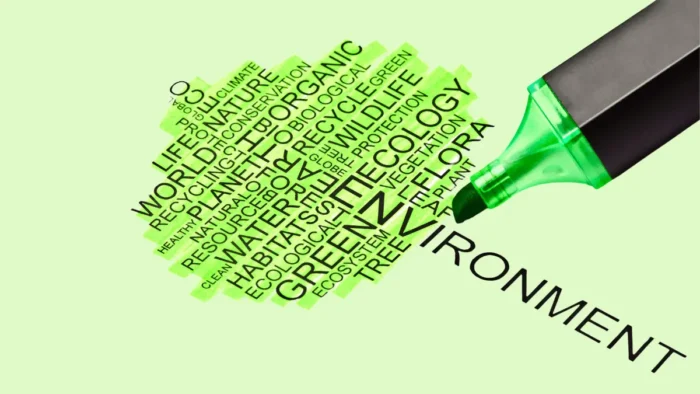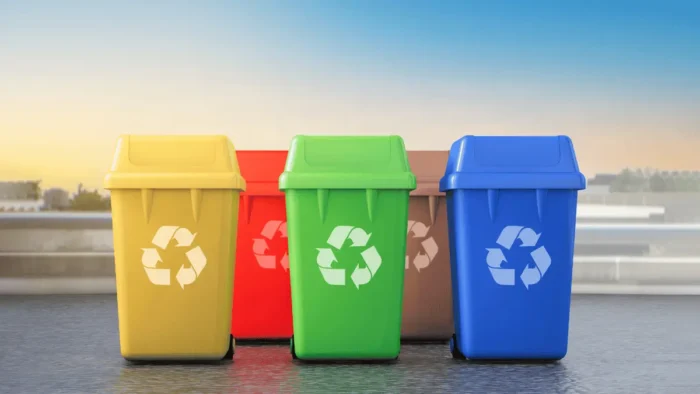When running a business, there is a constant balancing act between profitability and sustainability. Consumers increasingly seek products that align with their values as they become more conscious of their environmental impact.
Today, your company, like each other, must create appealing and high-quality products while considering the environmental impact of its production process and the materials used. By following these tips, you can preserve our planet and potentially attract a more extensive customer base with similar values. So, let’s dive in!
1. Reduce Packaging Waste
One of the simplest ways to minimize environmental impact is to implement processes that will help you to reduce packaging waste.
As consumer demand for sustainable packaging grows, companies are rethinking their approach to product packaging. Designers are turning to minimalist packaging with recycled or recyclable materials to reduce packaging waste. The idea is to create packaging that is both functional and eco-friendly.
Also, many companies today are implementing take-back or refill programs to encourage reuse. These programs allow customers to return empty containers and have them refilled or recycled. With such changes, your company can meet the increasing demand for environmentally friendly packaging while reducing its environmental impact.
2. Choose Sustainable Materials
Using sustainable materials is another way to reduce environmental impact without compromising quality.
Materials like bamboo, organic cotton, and recycled plastic can be used in various products as alternatives to non-sustainable materials. Compared to traditional materials, these materials are renewable, biodegradable, and have a smaller carbon footprint.
In addition, you can also opt for eco-friendly production methods such as using renewable energy sources and implementing water recycling systems. The more you prioritize sustainable materials and production methods, the more you can minimize your company’s environmental impact.
3. Implement Energy-Efficient Processes
Prioritizing energy efficiency can be achieved through several strategies, such as investing in energy-efficient machinery, utilizing LED lighting, and automating processes to minimize energy waste. Additionally, if you conduct energy audits, you can identify areas where essential improvements can be made and help transition to more sustainable practices.
Also, you can drastically reduce energy consumption, decrease your carbon footprint, and showcase your commitment to sustainable business practices.
Aside from appealing to the eco-conscious market segment, it sets an industry standard that can inspire others to follow you, fostering a collective effort towards a more sustainable future.
4. Educate Consumers
Educating consumers on the environmental impact of their purchasing decisions can go a long way in minimizing overall environmental impact.
Your company can use packaging, marketing materials, and social media platforms to raise awareness about sustainability and encourage consumers to make more eco-friendly purchase decisions.
Suppose your consumers are aware of the impact of their actions. In that case, they are more likely to make informed decisions and support your company and other companies that are prioritizing sustainability. Education can also lead to a domino effect where environmentally-conscious consumers influence others to do the same, amplifying the impact on a larger scale.

5. Rethink the Product Lifecycle
In a world where sustainability is becoming a significant concern for consumers and businesses alike, you must rethink the product lifecycle.
So, you must consider how your products can positively impact the environment throughout their entire lifecycle, from sourcing materials to disposal. This could involve exploring alternatives to non-biodegradable materials, implementing circular economy practices, and designing products that can be easily recycled or repurposed.
When you rethink your entire product lifecycle, your company can minimize waste and potentially extend the lifespan of its products.
6. Adopt Circular Economy Practices
Developing products that can be easily repaired or upgraded and incorporating components that can be recycled into new products reduces waste and promotes a more sustainable future. When products are designed with repairability and upgradability in mind, they can see an extended lifespan, and in such a way, they will decrease the need for constant replacements and ultimately save resources and money for your company.
Incorporating recyclable materials reduces the need for new resources and the energy consumption associated with disposal. As individuals and businesses, we are responsible for promoting sustainable practices and adopting the circular economy to ensure a better future for future generations.
7. Transparency and Certification
Transparency and certification can make a significant difference when showcasing your company’s commitment to sustainability.
When you obtain certifications from reputable sustainability organizations, you show your consumers that you are dedicated to minimizing your environmental impact and are willing to be held accountable for your actions.
Displaying these certifications can build trust and credibility with consumers who prioritize eco-friendliness and may ultimately lead to increased sales and customer loyalty. Thoroughly research the sustainability organizations and certifications that align with your company’s values and goals to ensure that you accurately represent your sustainability efforts.
Conclusion
By integrating sustainable practices into every layer of your business operations, from mindful packaging and material choice to energy-efficient processes and consumer education, you reduce your ecological footprint and cater to the growing demographic of environmentally conscious consumers. Through these efforts, you can achieve a more sustainable model that benefits the environment and your company’s longevity and reputation in an increasingly eco-aware global economy.





